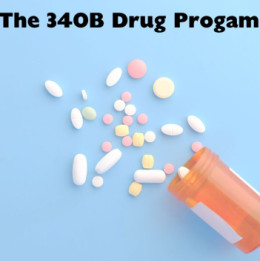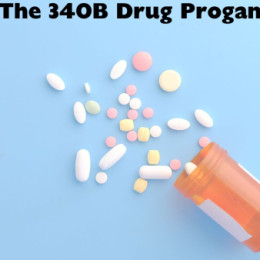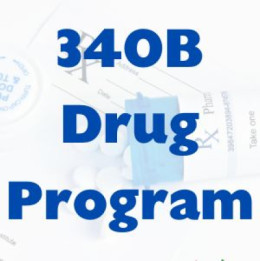Posted On: January 14, 2022 by Community HealthCare System in: News
Our area is experiencing a COVID-19 surge, and Community HealthCare System wants to make sure patients and communities are aware of the effects on our hospital and clinics.
As reported at a recent meeting of the Pottawatomie County Commission, our hospital has experienced recent staffing shortages because of the number of associates who have tested positive for COVID-19 or who have household exposures or other issues associated with COVID-19, such as a lack of childcare for school-age children who are in quarantine. At times, our Emergency Department has been on diversion, which means that EMS is instructed to take patients elsewhere when possible.
CHCS continues to do everything we can to provide the highest standard of care and to keep all facilities and services open. At certain times, we may need to ask patients to reschedule appointments or procedures, or patients may need to see a different provider than they normally would. We hope that everyone will be flexible as we work through the surge in the next few weeks.
Another major issue we face is treating those who become sick with COVID-19, especially those who are at high risk of developing severe illness. Monoclonal antibodies have been one treatment that CHCS has used with great success. Now that a large percentage of the cases in our area are the omicron variant, we are not able to use some of the medications that were effective against the delta variant. A new monoclonal antibody, Sotrovimab, is in very short supply and may not always be available. There are other treatment options, and your provider can discuss those with you.
The best possible protection against COVID-19 remains the vaccine. If you are not vaccinated, get vaccinated. If you are vaccinated, make sure you have received a booster shot when eligible. Whether you are vaccinated or not, take precautions to protect yourself and others such as wearing a mask, washing your hands, and covering sneezes and coughs.
If you have any symptoms of COVID-19, please contact your healthcare provider right away and get tested. Symptoms include:
- Fever of 100.4 or higher
- Rigors (shaking)
- Headache
- New smell or taste disorders
- Diarrhea without an alternate more likely diagnosis
- Lower respiratory illness (cough, shortness of breath, or difficulty breathing)
- Chills
- Myalgia (muscle pain)
- Sore throat
- Nausea or vomiting
- Malaise (feeling sick)
- Congestion or runny nose
Persons who are high risk for severe COVID-19 include those who have one or more of the following:
- Overweight and obese (defined as a Body Mass Index, or BMI, of greater than 25; calculate your BMI here)
- Chronic kidney disease
- Diabetes
- Immunosuppressive disease
- Advanced age (defined as older than 65)
- Cardiovascular disease
- Chronic lung disease
- Sickle cell disease
- Unvaccinated










0 comments